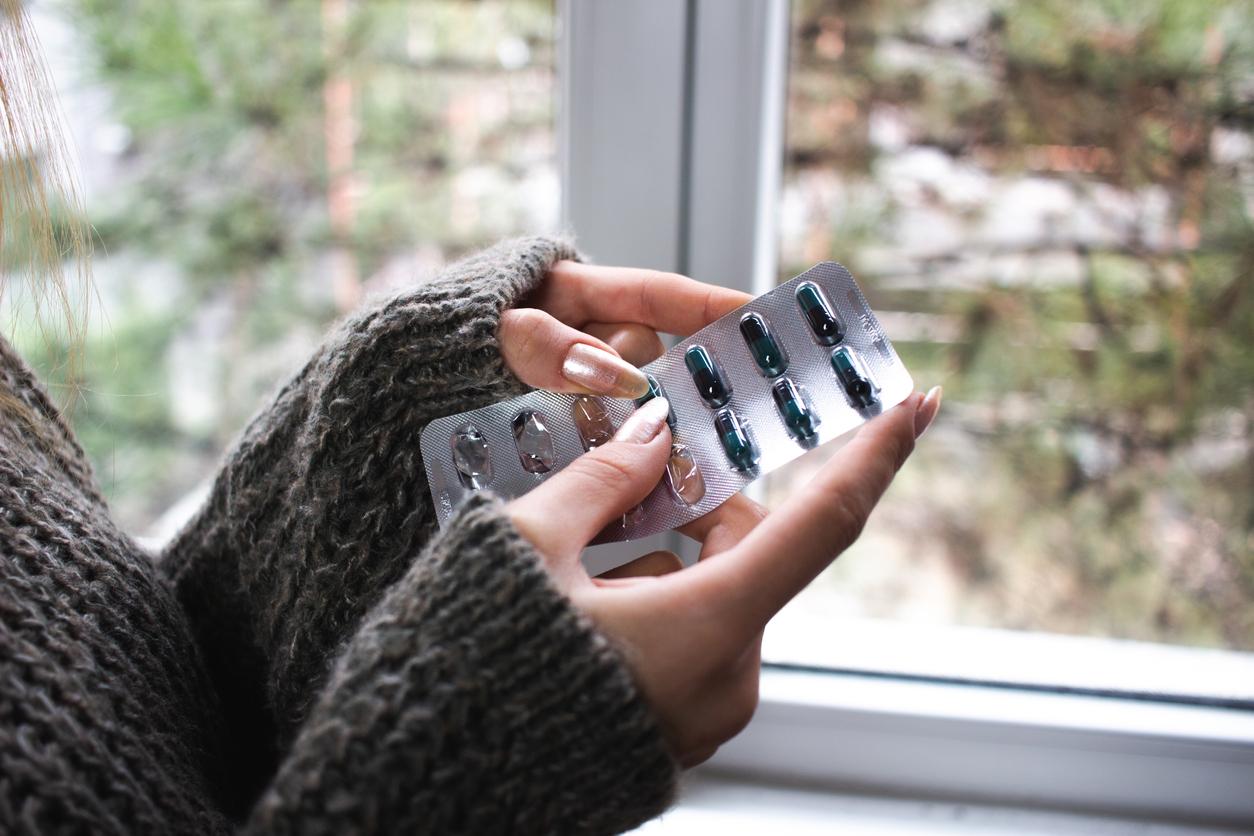Convenience, past treatment experiences, and health system barriers are among the primary reasons patients said they take nonprescription antibiotics, according to a study presented yesterday at the IDweek 2023 meeting in Boston.
In interviews conducted by a team led by researchers from Baylor College of Medicine, nearly all respondents reported taking nonprescription antibiotics to treat viral illnesses such as a cold, flu, or COVID-19, along with other conditions that don't require antibiotics. They said they did so because antibiotics had worked for previous illnesses and over-the-counter medications weren't as effective.
"When you're really sick, [antibiotics] turn into gold…it knocks out whatever it is within a few days," one respondent said.
Respondents also said that taking nonprescription antibiotics was easier, and less expensive, than making and getting to a doctor's appointment.
Understanding patients' motivations
To understand patients' motivations for taking nonprescription antibiotics, researchers conducted in-depth interviews with 86 outpatients from six public primary care clinics and two emergency departments in Houston, Texas. In a previous survey, the patients had endorsed nonprescription antibiotic use. Respondents were primarily female (72%), Hispanic (41%) or Black (41%), and insured through Medicaid or the county financial assistance program (70%).
In addition to cold/flu/COVID-19, respondents reported taking nonprescription antibiotics for urinary tract infections, diarrhea and other stomach problems, allergies, and wounds. They said they obtained nonprescription antibiotics from a variety of sources, including other countries, the internet, friends and relatives, or from previous prescriptions.
I prefer to buy them outside [abroad] instead of going to the doctor or getting [a] prescription.
Across the board, respondents said they took nonprescription antibiotics primarily for symptom relief, particularly when their illnesses lingered for a few days. Many responded that they did so because they trusted antibiotics, over-the-counter medications like ibuprofen weren't working, and because "I know my body."
But difficulties in scheduling a doctor appointment, the high cost of a medical exam and a prescription, and not having enough money to pay for gas to get to the doctor's office were also primary reasons given by interviewees, particularly those who were on Medicaid/county financial assistance or uninsured. As a result, some said it was simply easier to see if a family member had any leftover antibiotics from a similar illness or to buy medicine from abroad.
"I prefer to buy them outside [abroad] instead of going to the doctor or getting [a] prescription," an interviewee said.
The study authors say the responses provide outpatient antibiotic stewardship programs with a "new direction" in efforts to reduce inappropriate antibiotic use, which contributes to antibiotic resistance.
"Clinicians, pharmacists and community leaders must establish education efforts on safe antibiotic use, provide alternative treatment options for everyday symptoms and work to improve access to health care and related services," presenting author Lindsey Laytner, PhD, MPH, of Baylor College of Medicine, said in a press release from the Infectious Diseases Society of America.
Baylor College of Medicine is currently testing a patient-provider communication tool on safe antibiotic use and alternative, non-antibiotic treatment options that's based on the findings.























